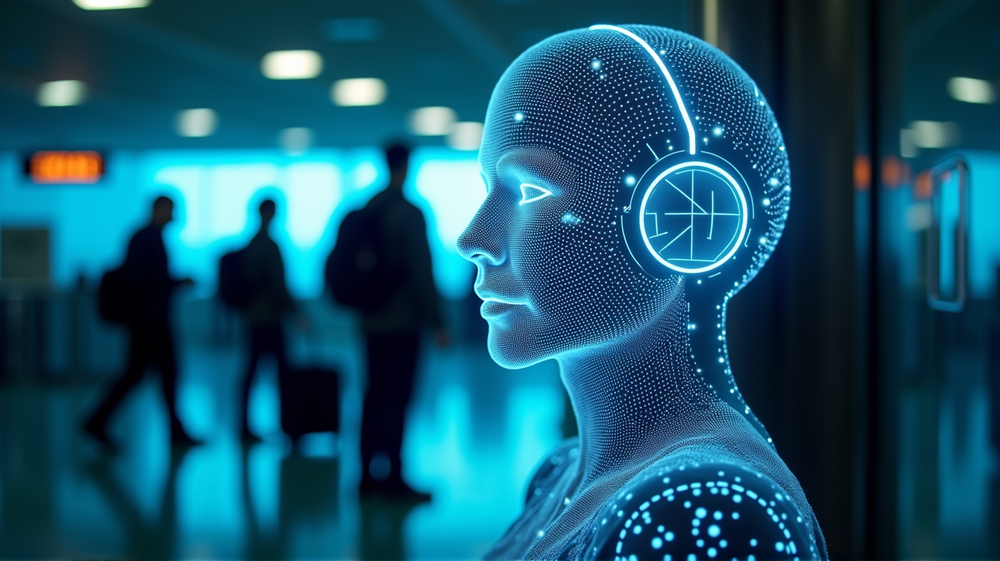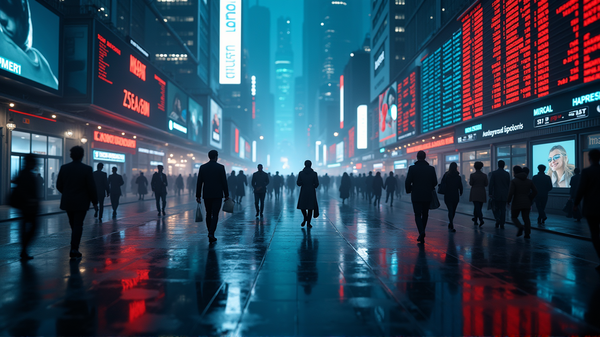Facial Recognition at Airports: Privacy Concerns Spark Debate
Airports around the country have embraced facial recognition technology, initially launched during the pandemic to streamline check-in processes and boost security. However, the convenience comes with a significant caveat: privacy concerns, not least from Virginia lawmakers who are scrutinizing how passengers’ images are stored and used.
The Promise of Improved Airport Efficiency
The Transportation Security Administration (TSA) introduced Credential Authentication Technology (CAT-2) to expedite passenger processing by matching real-time photos with identification documents, promising shorter lines and enhanced security. According to the TSA, these images are neither stored nor used for any purpose other than immediate identification. This introduction reflects a broader array of measures intended to create a seamless and secure flying experience.
Virginia’s Stance on Privacy
Virginia lawmakers like House Communication, Technology and Innovation Committee Chair, Cliff Hayes, have expressed both support and skepticism. While Hayes acknowledges the benefits, he emphasizes that security should not infringe on privacy rights. “Travelers deserve both speed and security when it comes to travel, but it’s not at the expense of their privacy,” he articulates, reflecting a broader concern among privacy advocates.
Opting Out and Alternative Verification
Despite the initial excitement, not all passengers are comfortable with facial recognition. The TSA offers an opt-out option, allowing travelers to choose manual identification checks using traditional ID and boarding passes. This approach aims to maintain respect for individual privacy while still utilizing advanced technology to its fullest.
Calls for Codified Safeguards
Hayes argues the importance of legal safeguards to ensure privacy policies remain unchanged, irrespective of changing administrations. He cites the Consumer Data Protection Act as a precedent, offering a framework for ensuring personal data protection. “What’s to prevent that from changing and then all of a sudden, a different administration or depending who’s overseeing it, they could change that policy,” he warns. This critique highlights the necessity for laws that shield passenger rights comprehensively.
The Broader Implications
As technology continues to evolve, the balance between efficiency, security, and privacy becomes more complex. The discourse in Virginia may inspire other states to rethink their stances and develop tailored frameworks that protect citizens while embracing innovation.
According to Virginia Mercury, these debates on privacy concerns are gaining momentum as more states consider adopting similar technologies. The conversation in Virginia may serve as a guideline for future legislation at both state and federal levels, ensuring technological advancements do not erode fundamental rights.




